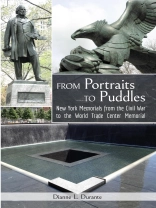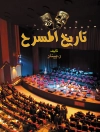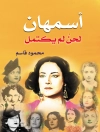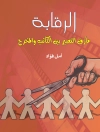Surely we can offer the victims of 9/11 a better tribute than Reflecting Absence, a gloomy piece of landscape architecture with lists of names. But what makes an effective tribute? What makes a memorable memorial? The sculptures in nearby Battery Park provide excellent examples of memorials dedicated over the past hundred years. This essay points out lessons from half a dozen of them that can be applied to a memorial for the World Trade Center – and explains how our memorials declined from portraits to puddles. Read it in the comfort of your armchair (about 250 photos are included) or go on a walking tour. Also included: an illustrated and annotated list of 30 memorials in Manhattan that are dedicated to people whose job is to keep us safe: soldiers, policemen, firemen, and so on.
O autorze
At age five, I won my first writing award: a three-foot-long fire truck with an ear-splitting siren. I’ve been addicted to writing ever since. Today I’m an independent researcher, freelance writer, and lecturer. The challenge of figuring out how ideas and facts fit together, and then sharing what I know with others, clearly and concisely – that’s what makes me leap out of bed in the morning.Janson’s *History of Art*, lent to me by a high-school art teacher, was my first clue that art was more than the rock-star posters and garden gnomes that I saw in Catawissa, Pennsylvania, and that history wasn’t just a series of names, dates, and statistics. Soon afterwards I read Ayn Rand’s fiction and nonfiction works, and discovered that art and history – as well as politics, ethics, science, and all fields of human knowledge – are integrated by philosophy. My approach to studying art is based on Rand’s *The Romantic Manifesto*. (See my review of it on Amazon.) As an art historian I’m a passionate amateur, and I write for other passionate amateurs. I love looking at art, and thinking about art, and helping other people have a blast looking at it, too. *Outdoor Monuments of Manhattan: A Historical Guide* (New York University Press, 2007), which includes 54 sculptures, was described by Sam Roberts in the *New York Times* as 'a perfect walking-tour accompaniment to help New Yorkers and visitors find, identify and better appreciate statues famous and obscure’ (1/28/2007). Every week I issue four art-related recommendations to my supporters, which have been collected in *Starry Solitudes* (poetry) and *Sunny Sundays* (painting, sculpture, architecture, literature, and more).












